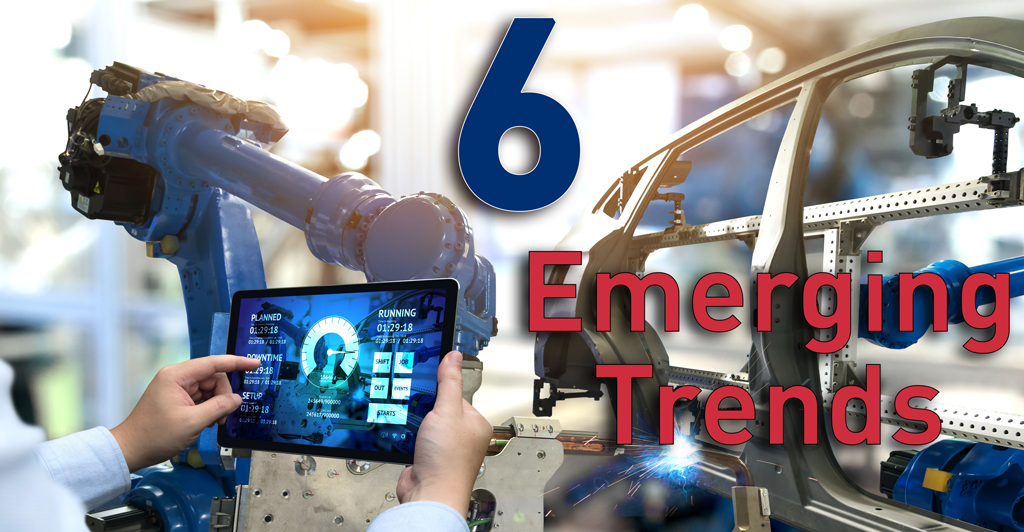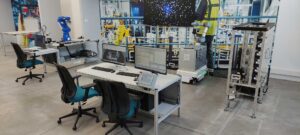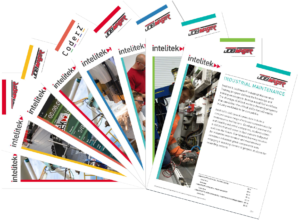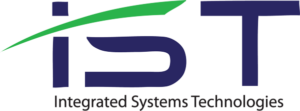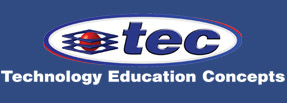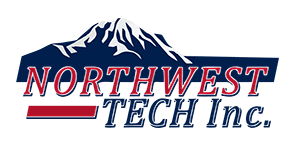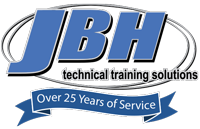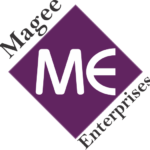There’s an ongoing conversation about discovering the latest and greatest in manufacturing, yet some of these trends are only relevant for a small percentage of actual manufacturing environments. One trend that will always be relevant to real-world manufacturing is Industry 4.0.
Most manufacturers and industrial plants across the globe are still challenged to keep up with the basic advancements in technology, and they work hard to upgrade their systems to take advantage of smart sensors, IIoT, industrial robotics, MES systems and more. All of these advances make up what we call Industry 4.0.
As educators, it is your job to ensure that you provide students who will fill future jobs in industry with the knowledge and tools to integrate into any type of company. Whether it is a company with a highly functional but conservative production line, a company with an advanced, updated and industry 4.0-compliant production line, or a company with the capability to envision the next generation of technology, every manufacturing company is looking at these rising trends seriously today.
For a school running a Mechatronics, Manufacturing, or Industrial Process Design program, there are a series of must-haves that you should be covering in your program to ensure the best results for your graduates.
Here are 6 of the most important trends to consider as you educate the next generation of manufacturing workers:
- Industry 4.0
Industry 4.0 is where most companies are headed, so understanding every facet of this concept will help students put it in context in the field. A successful lesson on Industry 4.0 may include topics like
-
- Introduction to Industry 4.0
- Key technologies that drive Industry 4.0
- The journey to Industry 4.0 – The four industrial revolutions
- Industry 3.0 to Industry 4.0 – The gaps between
- Key elements of Industry 4.0
- Introduction to maintenance 4.0
- Industry 4.0 in the real-world manufacturing environment
- Additive Manufacturing
3D Printing has progressed from simply being a hobby or for prototypes to now being part of the production process. Combining 3D printing with other more traditional processes expands the manufacturing process capabilities and efficiency.
- IIoT/Networking/Cloud Computing
Smart sensors, smart machines, and the ability to connect everything to the network brings manufacturing to a new level of measurement and monitoring. While these communication technologies are technically different, the shared outcome is having access to information in real-time. This enables both data science and predictive maintenance. A successful lesson on IIoT, networking, and cloud computing should cover
-
- Networking technologies
- IIoT solutions
- Cloud computing and cloud data storage
- Sensor networks
- Data Science
With data at their fingertips in real time, manufacturers can bring “Big Data” into play. Students should understand the concepts and possibilities available when there is such an expansive amount of data accessible. A lesson on data science would include topics like
-
- Introduction to data science
- Intelligent decision making
- Principles of cloud & big data
- Data warehousing
- Data mining
- Data driven innovation (DDI)
- KPIs
- Deep Learning & Machine Learning, AI
- Predictive Maintenance
While data can help many areas of the process, one of the most valuable uses for data is to drive predictive maintenance. By projecting behavior changes, students will learn to keep the plant running longer by anticipating failures and scheduling maintenance when it will have the smallest impact on production. Predictive maintenance lessons should focus on
-
- Continuous Monitoring
- Predictive maintenance (PdM 4.0)
- Predictive analytics
- Using Virtual Reality/Augmented Reality
- Cybersecurity
All of these systems can reach the network. Whether the network is available on an Intranet or the Internet, several vulnerabilities arise based on accessibility, data, and application management. An in-depth understanding of cyber physical systems and cybersecurity is important for all employees, particularly new employees with minimal experience who will be interacting with the manufacturing systems daily.
While these trends vary in significance to professionals and companies in manufacturing, the schools that introduce these Industry 4.0 topics to their students today will build a reputation as the schools that have the foresight to identify and train their students to successfully work with these emerging technologies tomorrow.

